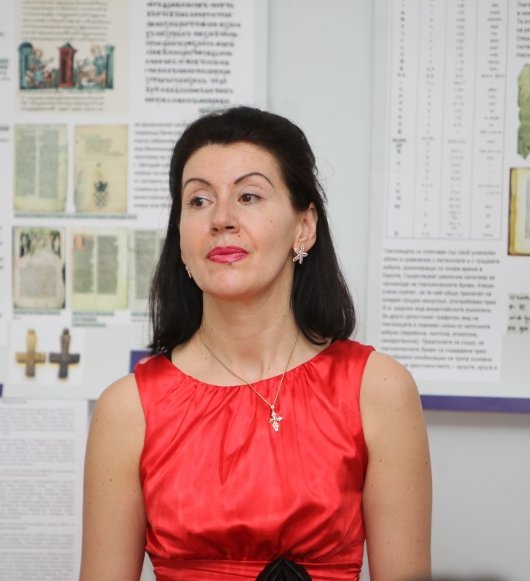HISTORICAL PROTOTYPES, ARCHETYPES AND MYSTICICSM IN BULGARIAN MODERN DRAMA FROM THE 1910s AND 1920s
-
ABSTRACT
The article focuses on the functioning of concepts such as historical prototype, archetype and mysticism in the dramaturgical texts by Anton Strashimirov (“St. Ivan Rilski”, 1911), Konstantin Mutafov (“Omurtag Khan”, 1924), Lyudmil Stoyanov (“Tomiris”, 1921), Nikolay Raynov (“Once upon a Time…”, 1923) and Boyan Danovski (“Yoan Vladimir”, 1924). These plays interpret in an arbitrary way historical figures, facts and events from the Early Middle Ages in Bulgaria. The new type of protagonist in them is intricately modeled between the historically inherited as memory and facts, as a cultural archetype and as a self-defining modern character. The article seeks to answer several basic questions: how the Bulgarian playwright handles historical facts, why he replaces the documented and the real-historical with the mystical-legendary, the fairy-tale, the fantasy and even the surreal. What drives artistic reflection and provokes the mystification of historical narrative, the creation of a wide network of cultural associations, and the unlocking of archetypal mythological models? The answer to these questions shows that the historical theme is a necessary impetus for the modernization of the Bulgarian drama through the use of the principle of aesthetic syncretism in the tens and the twenties of the twentieth century.


